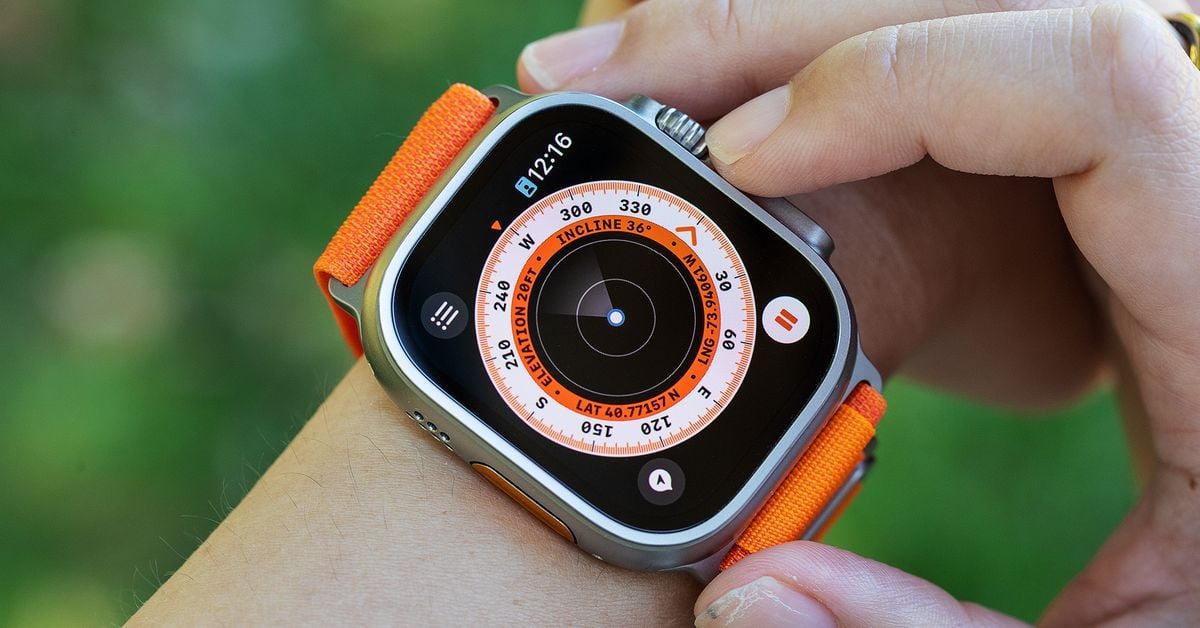• Medical device maker Masimo is confident it can win its legal battle against Apple over a feature on the Apple Watch, citing previous victories against True Wearables, a startup run by a former Apple executive.
• Masimo alleges that Apple couldn’t have developed certain watch technologies without the help of Marcelo Lamego, who previously worked at both Masimo and Apple.
• Masimo CEO Joe Kiani accuses Apple of a deliberate infringement of intellectual property, resulting in an import ban on certain Apple Watch models, which has been temporarily paused pending further review.



They were designed for usage at scale in settings where cleaning and sterilization wouldn’t be possible and the risk of infectious disease is high. Think refugee camps, battlefield hospitals, etc.
So design one that’s easily cleaned. E.g. you throw it in a bucket of chemical X for 15 minutes. Battle field hospitals would rather have 50 cleanable items than 5,000 disposable ones. Far easier to transport.
5,000 disposable items usually fit in a box. Wanna guess how big that autoclave you’d need would be? Cos there ain’t many pieces of medical equipment that you’re gonna get away with just chucking it in a bucket of cleaner for 15mins. Cos, ya know, the chance of a patient dying due to equipment that is dirty is pretty fucking high in most permanent hospitals, let alone in a literal jungle. So, yeah, you’re gonna need more than a bucket and a bottle of bleach.
Also, battlefield hospitals are generally well supplied. They might miss a shipment or two, but generally most will arrive. I mean, you have issues when a literal city is being besieged, but otherwise? They’ll be fine. Can’t really run an army without shit to patch up the inevitable bullet holes. Plus the patients need food and water too. All shit that ensures the mitary keeps their field hospitals as well supplied as they can.
Autoclave is for sterilising stuff. A pulse oximeter very rarely needs to be sterile- they sit on your finger usually, and nearly all hospitals just wipe them clean after use.
They don’t “just” wipe em clean. Yeah, me and you might think they do, but there’s a bunch of steps they have to perform. Because if they don’t, people literally die. And here’s a study that emphasizes that being a risk with such a innocuous device. I mean, the WHO guidelines for cleaning them are literally 10 steps long.
And as I was finding the who guidelines again, I found another article that states that oximeters should be disposable when more than one patient is hooked to a machine. Guarantee a field hospital doesn’t have dozens of those devices on hand, so we’re back to disposables anyway.
If it’s that easy, why aren’t you doing it right now and making billions?
I think, for once, you should be humble and accept that… maybe… just maybe… this medically qualified material scientist shit posting on the internet knows what they are saying.
He’s not an ex-Apple exec with ex-Apple exec boatloads of money to do it. Or with ex-Apple exec venture capitalist friends to do the money part for him.
It’s not about it being easy or hard. It’s about having the backing to do it.
Looks at the training and schooling requirements for medical and technical degrees. Not to mention the years of experience and industry connections necessary to launch and manage a start up let alone bring a product to a highly regulated market.
I think there may be a little more to it than just the backing.